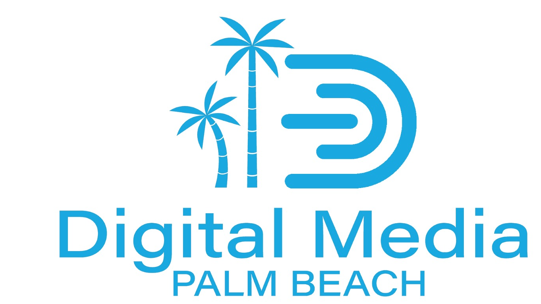
Key Elements for Success
Building a Strong Digital Marketing Strategy for Healthcare Providers
A digital marketing strategy is a comprehensive plan that outlines how healthcare providers can use online channels to achieve their marketing goals, connect with patients, and grow their practice. In today’s digital age, patients increasingly rely on the internet to research symptoms, treatments, and healthcare providers before making decisions. A well-executed digital marketing strategy ensures that your practice stands out, builds trust, and attracts the right audience. Why Its Important:
- Patient Education
- Improved Patient Engagement
- Increased Online Visibility
- Targeted Outreach
- Cost-Effective Growth
- Data-Driven Decisions


01
Initial
Consultation
The first step in the DMPB marketing approach is to establish a strong foundation through an initial consultation. This involves meeting with healthcare providers to understand their specific needs, goals, and challenges. During this phase, the focus is on building trust, identifying key objectives, and gathering preliminary information about the target audience, services, and competitive landscape.
02
Research and
Analysis
In this phase, a deep dive into the healthcare provider's market is conducted. This includes analyzing industry trends, patient demographics, competitor strategies, and regulatory requirements. The goal is to identify opportunities and challenges that will shape the marketing strategy. Data-driven insights are gathered to ensure the approach is tailored to the unique needs of the healthcare provider.
03
Strategy
Development
Based on the findings from the research and analysis phase, a comprehensive marketing strategy is developed. This includes defining the target audience, crafting key messaging, selecting appropriate marketing channels, and setting measurable goals. The strategy is designed to align with the healthcare provider's objectives, ensuring a clear roadmap for achieving success.
04
Research and
Analysis
The final step is the execution of the marketing strategy. This involves deploying campaigns, creating content, managing digital and traditional marketing channels, and monitoring performance. Regular updates and adjustments are made to optimize results and ensure the strategy remains effective in achieving the desired outcomes.
Discover the Benefits of Partner Expert Team.
We understand your needs and deliver digital marketing through unique selling oneto proposition. Our team of expert is passionate about helping you Social med company. expect that for your social marketing of all media.
DMPB Platform Feature:
- Create engaging content: Eye-catching visual, informative caption, & interactive elements can all help you capture attention and stop the scroll.
- Plan and schedule posts: Schedule your content advance to ensure consistent presence and maintain a steady flow of communication.
- Curate valuable content: Share relevant content for industry leader influencers to establish credibility and provide a well-rounded perspective.







